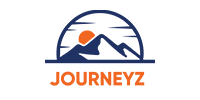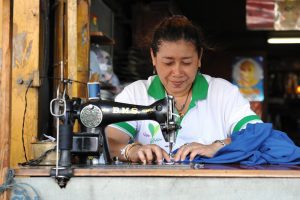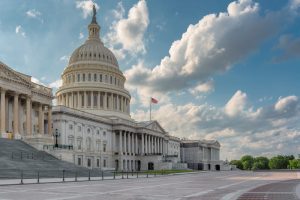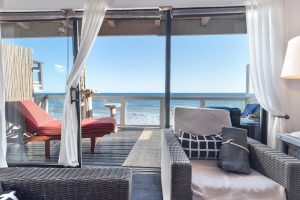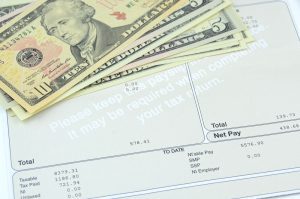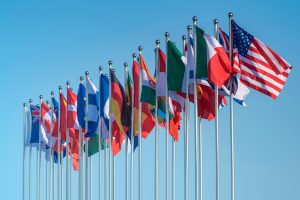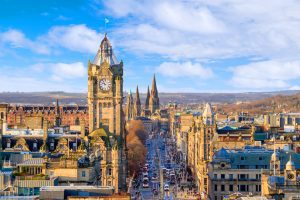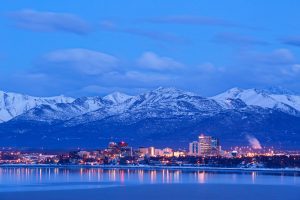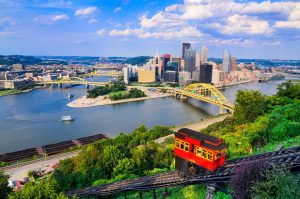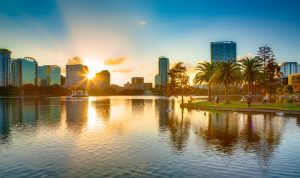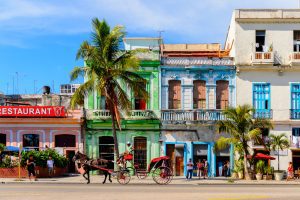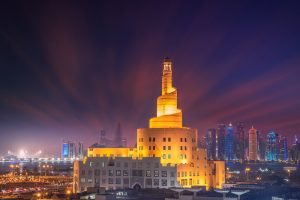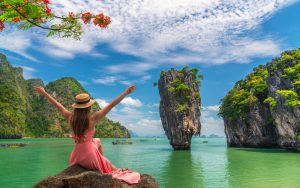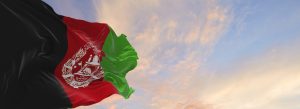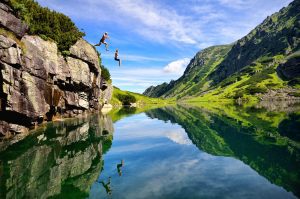Algiers, the capital of Algeria, is the country’s richest city. With an average monthly net salary of 37,262.62 DZD (255.82 USD), Algiers tops the list of Algerian cities when it comes to average income.
Compare this figure with Oran, Algeria’s second-largest city, where the average salary is 30,443.53 DZD (209 USD).
Plus, Algiers has some of the highest costs of living in the country. While people in this city can expect to pay an average of 30,266.67 DZD (207.79 USD) for a 1-bedroom apartment, Oran residents only have to pay 26,775.49 DZD (183.82 USD).
That figure drops significantly in Algeria’s rural areas, where a significant portion of the population lives in poverty.
Table of Contents
How many people live in Algiers?
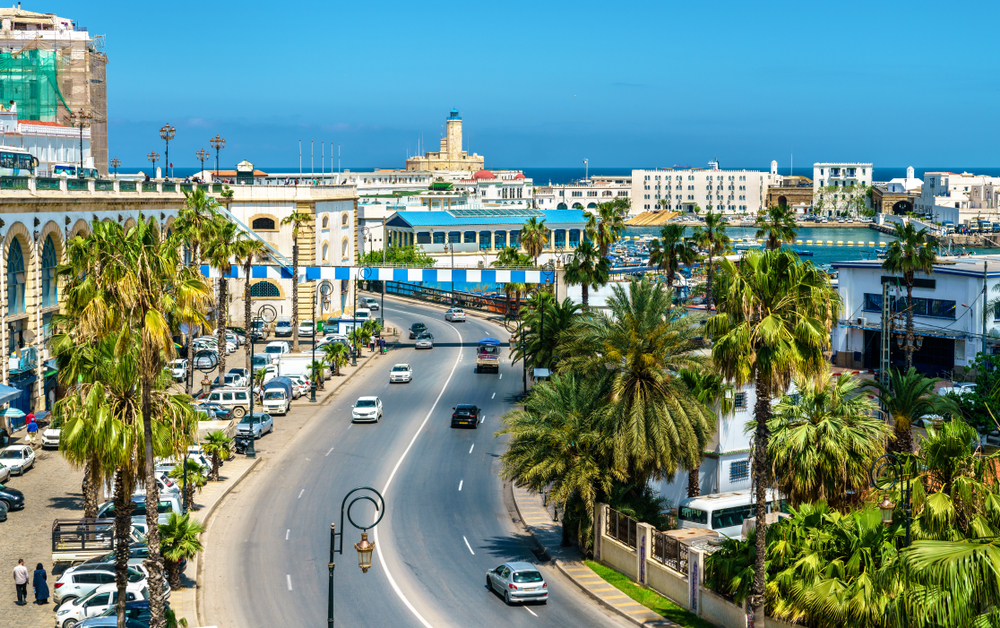
While Algiers’ population is estimated to be about 3.7 million people, its larger metropolitan population is said to be around 5.4 million, according to the World Population Review.
To give you a little more background, Algeria has a population of 43.85 million people. Therefore, you can say that the Algiers metropolitan area alone is home to about 13% of Algeria’s total population.
Perhaps not surprisingly, the city of Algiers is quite densely populated, with approximately 10,150 people per square kilometer.
The only other Algerian city with a population that exceeds one million is Oran, with a population of 1.5 million.
Because around 75% of Algerians live in urban areas, there are several large cities, including, of course, Algeria and Oran.
Other sizable cities include Annaba, Batna, Constantine, and Blida, which all have a population below 500,000.
Is Algeria a rich country?
As the world’s 10th largest oil exporter and 4th largest gas exporter, Algeria is certainly a rich country – at least when it comes to natural resources.

Although Algeria is considered the 3rd most important economy in the Middle East and North Africa, Algerian people, on average, are quite poor.
According to reports, up to 23% of the country’s population lives in poverty.
One major reason is the high unemployment rate among the country’s youth. Even though the official figure for unemployment is 12.48%, many believe the actual rate is much higher.
Due to the high rate of unemployment, coupled with the subpar quality of life, many have been forced to take on desperate measures, including illegal immigration to Western countries.
Other factors that have been blamed include political conflict and a lack of democracy. In addition to the National Liberation Front (FLN) rendering the country bankrupt, Algeria has seen a civil war between its national government and Islamic rebel groups, not to mention post-war political tensions that have further crippled Algeria’s economic and political stability.
Expats in Algeria
Despite ongoing political conflicts in the country, Algeria is indeed a popular destination for expats.
This is largely due to the country’s cultural richness and diversity as well as its general openness to foreigners.
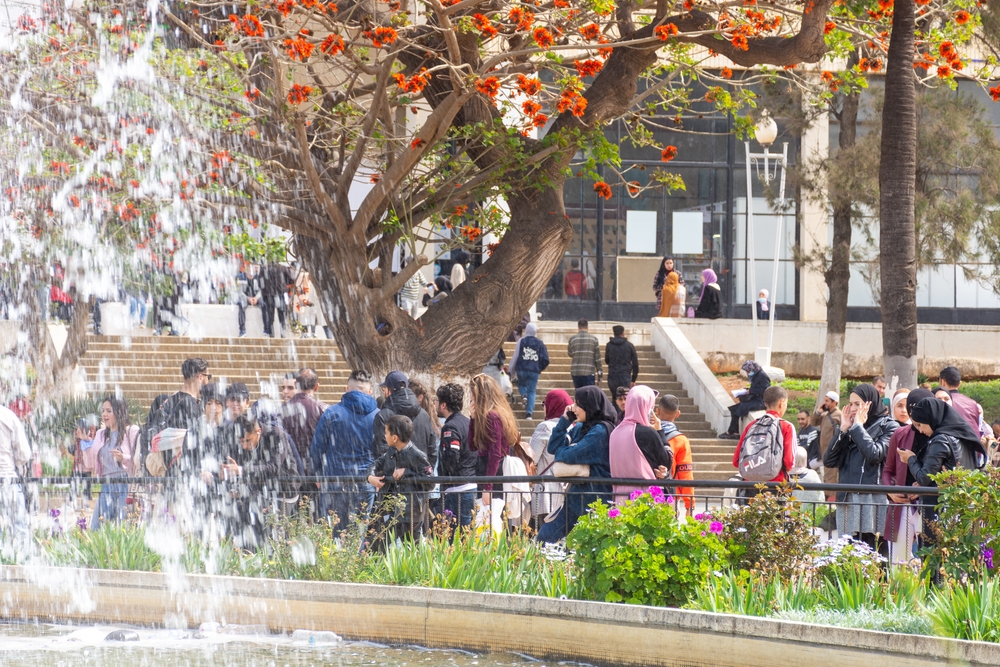
Many expats move to Algeria to take advantage of opportunities in the services, oil, and construction sectors, which are a significant part of Algeria’s economy.
Others are attracted to opportunities in the education, foreign aid, and finance sectors.
Perks that expats in Algeria enjoy include stunning natural scenery (e.g., world-famous Mediterranean coasts), impressive historic architecture, and a low cost of living.
Although housing is their largest expense, everyday expenses tend to be rather low.
Languages in Algeria
Arabic has been the official language of Algeria since 1990. However, Algerian people are known to speak several Arabic dialects, which, in general, are similar to the ones spoken in the neighboring countries of Tunisia and Morocco.
Even though French is the lingua franca of Algeria, the country’s official policy of “Arabization” since its independence from France has promoted Islamic and Arabic cultural values throughout the country, resulting in the replacement of French with Arabic as the official language.
This has also resulted in the switch in the primary language of instruction in Algeria’s schools.
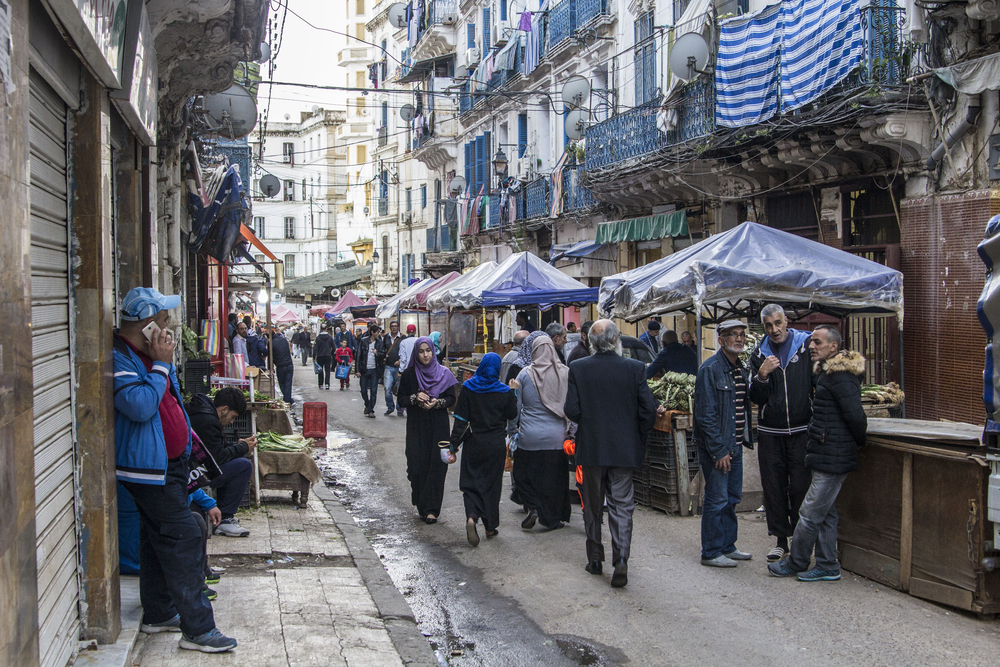
Arabic is the national medium, so mastery of the Arabic language would benefit any foreigner, but foreigners who are fluent in French will also have an advantage in Algeria.
Although replaced by Arabic in many areas, such as business and education, French still plays an integral role in Algerian society and will likely continue to do so for many years to come.
Is Algeria safe for foreigners?
Urban areas like Algiers and Oran are generally considered safe for foreigners, as long as they exercise caution, which any visitor to any foreign country should do.
That said, some parts of Algeria, where security is a major issue, are not considered safe for foreigners due to instances of terrorism and kidnapping.
This is particularly true in the oil-rich regions and the southern Saharan parts. Other areas that foreigners are discouraged from visiting include the border areas in the south and Algeria’s border with Tunisia.
Many governments, including the US, the UK, and Australia, have advised their citizens against traveling to these particular areas.
Still, major cities like Algiers are mostly considered safe for expats and tourists. Foreigners just need to avoid going out at night and traveling to areas where security is a significant issue.
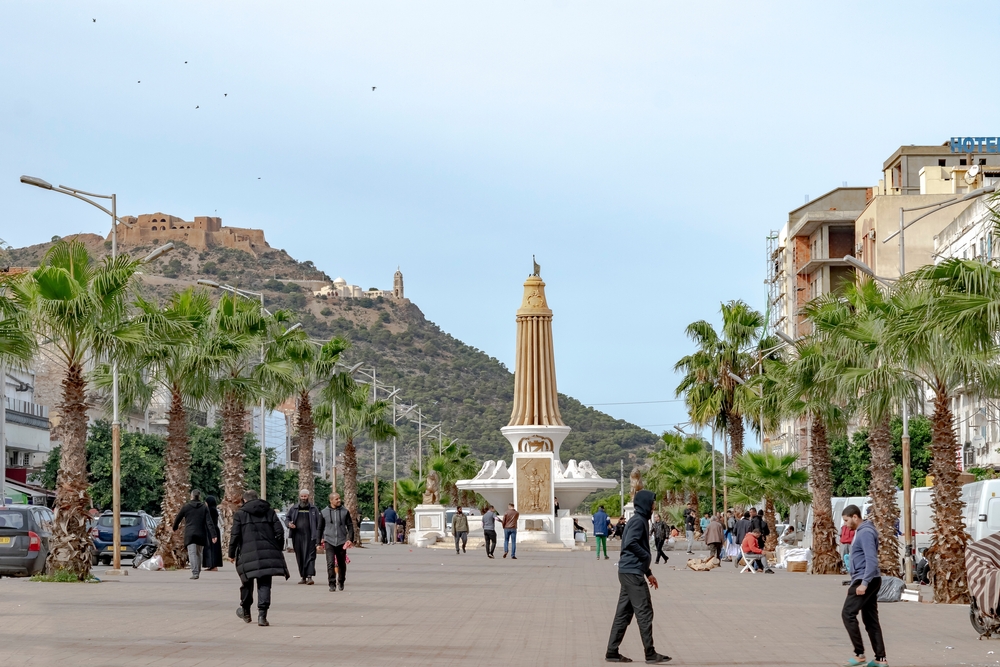
Algeria’s main industries
The two largest industries in Algeria are oil and gas, thanks to the country’s substantial petroleum reserves.
Hydrocarbons have contributed almost all (about 95%) of Algeria’s export revenue, as well as around 60% of Algeria’s budget funds.
Additionally, 30% of the country’s GDP is a result of hydrocarbons. According to the US Energy Information Administration, the natural gas reserves stand at an impressive 160 trillion cubic feet, putting Algeria in 10th place among natural gas-producing countries.
Furthermore, Algeria’s oil reserves place the country in 16th place in the world and 3rd place in Africa as a whole.
As a result of its substantial natural resources, Algeria is the world’s 6th largest natural gas exporter, and in Africa, it’s the number one producer of natural gas.
Countries bordering Algeria

A large country in western North Africa (in the Maghreb region of Africa), Algeria borders Libya to the east, Niger to the southeast, Mauritania and Mali to the southwest, and Morocco to the west.
To the north, Algeria has a coastline that borders the Mediterranean Sea.
Covering an area of 2,381,741 kilometers, Algeria is roughly three times the size of Italy – or somewhat bigger than three times the size of the US state of Texas.
Since 2011, Algeria has been recognized as the largest country by area on the African continent.
However, it’s only the 9th most populous country in Africa.
Who’s the richest person in Algeria?
Issad Rebrab, billionaire and CEO of the Cevital Group, which is Algeria’s largest private company, is the richest person in the country.
In fact, he’s the country’s only billionaire.
His company is active in numerous industries, including food, agribusiness, steel, and electronics.
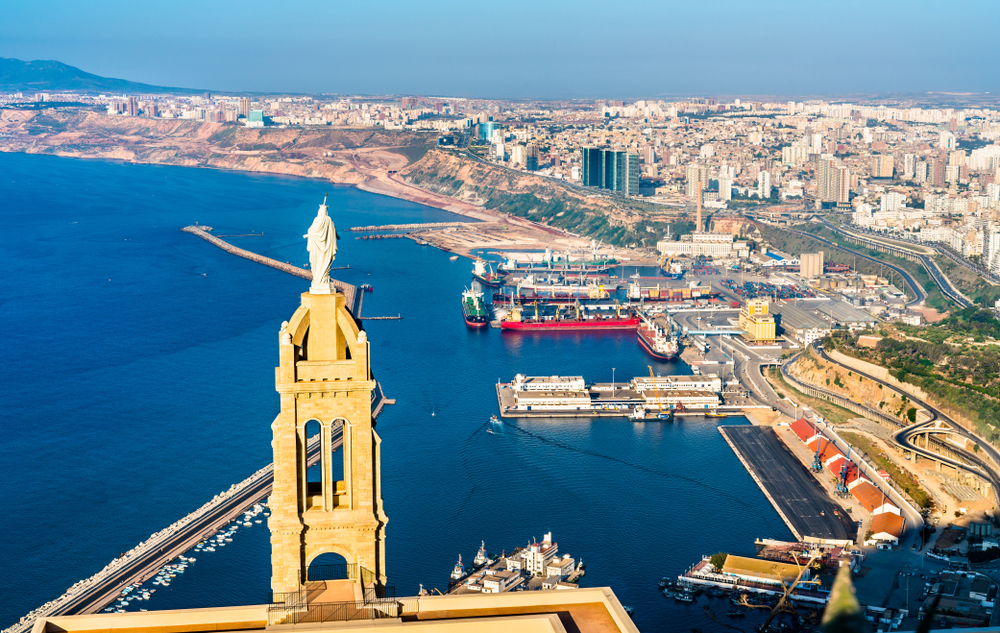
Rebrab is also active in media, having acquired the French-Algerian daily paper Liberte and El Khabar media group, for $45 million.
In April 2019, Rebrab was sentenced to 6 months in prison for customs, banking, and tax offenses.
He was incarcerated at the El Harrach prison and released in January 2020 following his 6-month sentence and custody outside of his sentence.
How many millionaires are there in Algeria?
Currently, Algeria is home to 4,000 millionaires, but that figure is expected to reach 6,000 by the end of the decade if the country sustains its current wealth growth trends.
Besides Rebrab, not much has been reported about Algeria’s other ultra-wealthy people, a number of whom are centi-millionaires.
Here’s a list provided by Billionaires.Africa of some wealthy, high-profile individuals in Algeria:

- Ali Haddad – As the founder of ETRHB Haddad Group, which generates multimillion-dollar revenues every year, Haddad has been a leading entrepreneur in the Algerian construction industry. In addition to his construction-related activities, the centi-millionaire is also a controlling shareholder of USM Alger, an Algerian soccer club that plays in the Algerian Premier League. He also owns television channels Dzair TV and Dzair News.
- Djilali Mehri – Mehri, the chairman and CEO of Pepsi Algeria, is a leader in Algeria’s soft drink market and is the country’s sole provider of Pepsi. He’s also an active investor, having founded GIMMO (Group of Investors of the Maghreb and the Middle East) and being its main shareholder. He also owns investments in the tourism, real estate, hospitality, agriculture, and trade sectors through Mehri Groupe.
- Mohamed Laid Benamor – Since 2003, Benamor has served as the chairman and CEO of Amor Benamor Group, which his father, Amor, founded in 1984. The group specializes in couscous, pasta, and durum wheat production. It’s also well known for its production of fruit jams, tomato paste, spices, and culinary aids. Since its founding, it has become a leader in the manufacturing of packaged food products in Algeria, boasting an annual revenue that exceeds $100 million. Lastly, Benamor is also the president of the Algerian Chamber of Commerce and Industry.
- Abdel Madjid Kerrar – Famed for his 1990s pioneering investments in the Algerian pharmaceutical sector, Kerrar founded Biopharm, which has become Algeria’s leading pharmaceutical company. Aside from his activities in the pharmaceutical industry, Kerrar serves as the president of Med Investment Holdings, which was founded in 2013 with an initial capital of $66 million and eventually became an asset management holding.
